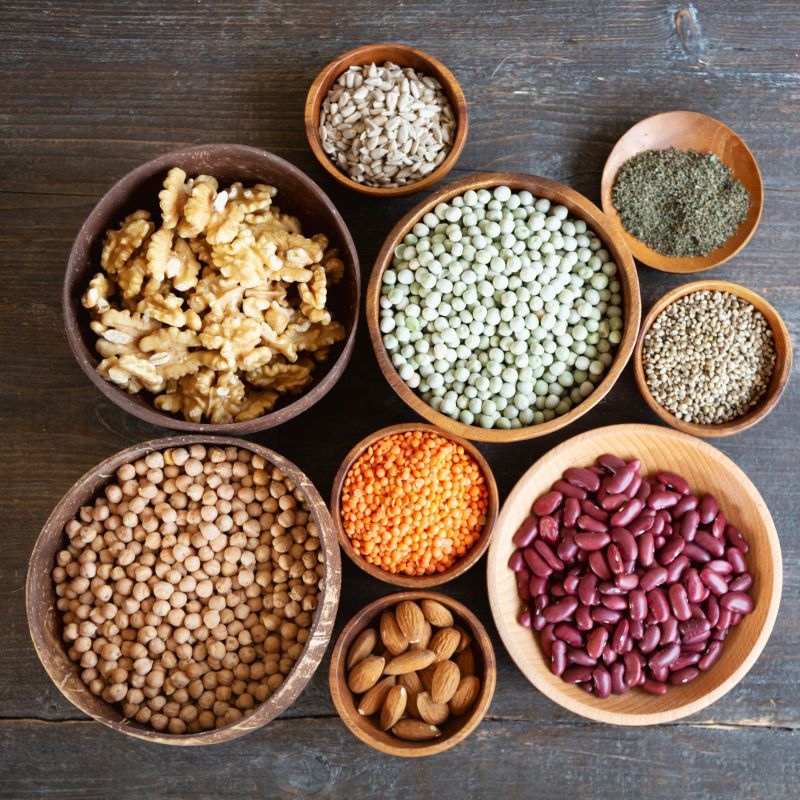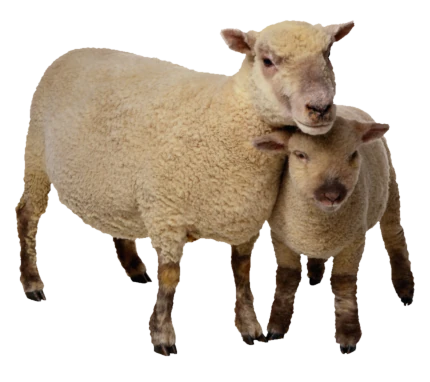In its Vegan Manifesto, the UK Vegan Society calls on the country’s policymakers and politicians to transform the food system to plant-based proteins in a bid to meet climate targets, improve food security, reduce healthcare spending and “make us healthier.”
The organization urges the UK to follow the example of Denmark and South Korea, which have plans to boost the plant-based industry and transition away from animal agriculture.
“Diet change is essential to tackle the climate crisis. The Intergovernmental Panel on Climate Change’s special report on climate change and land describes plant-based diets as a major opportunity for mitigating and adapting to climate change and includes a policy recommendation to reduce meat consumption,” says Claire Ogley, head of campaigns, policy and research at the Vegan Society.
“We’ve seen lots of progress toward plant-based alternatives and the UK is well placed to lead the world in the growth of the plant-based food and drink sector. More people than ever are open to changing their diets, but we need change on a bigger scale, so there is an urgent need for political leadership on this issue.”
The organization proposes measures to promote a managed transition to a sustainable plant-based food system.
Capitalize on health benefits
Earlier research by the Vegan Society suggested that every one million people who switch to a vegan diet would generate an estimated £121 million (close to US$155 million) of healthcare cost savings.
“Promoting a transition to plant-based proteins would make us healthier, improve our food security and could have huge benefits for society through increased quality of life and reduced spending on diseases,” reads the manifesto.
The Vegan Society recommends capitalizing on the health benefits offered by plant-based diets, suggesting that public health campaigns actively promote these diets as a healthy and sustainable option. The organization also wants plant-based diets to be included in strategies for preventing diabetes, cardiovascular disease and obesity.
A transition to plant-based proteins would improve health and food security and reduce healthcare costs, says the manifesto. Toni Vernelli, international head of policy and communications at the UK non-profit Veganuary, previously told Nutrition Insight that “we can say with confidence” that a vegan diet helps reduce risks of type 2 diabetes, heart disease and certain types of cancer.
Moreover, the manifesto recommends training all healthcare professionals on the benefits of whole food, plant-based and vegan diets.
The organization says the UK could use the power of public procurement. For example, it could guarantee at least one nutritious vegan option in every public sector menu as a standard and ensure that taxpayer money is spent on healthy and sustainable food.

Sustainability benefits
The organization illustrates that plant-based proteins produce an average of 70 times less greenhouse gas emissions than the equivalent in beef and use at least 150 times less land to produce.
Therefore, it emphasizes the need to promote plant-based foods and a sustainable food system transition, for example, by setting a target to reduce meat and dairy consumption by 70% by 2030, as proposed by Greenpeace.
The Vegan Society also highlights the need to support farmers transitioning to more sustainable food systems and to encourage the private sector to promote more plant-based foods.
According to the manifesto, the UK should capitalize on the economic opportunities presented by the plant-based sector. Through investments and regulations, the organization notes that the UK could be a “world leader” in the alternative protein sector, while further development of the sector could create jobs.
Last year, the Vegan Society told us that research in its “Live Vegan for Less” campaign concluded that vegan protein sources are “some of the cheapest food options.”
Finally, the organization highlights the need to ensure vegans are “fully included.” For example, by making it easy for people to choose a vegan lifestyle and ensuring that educators and healthcare professionals are fully trained in vegan inclusion.

